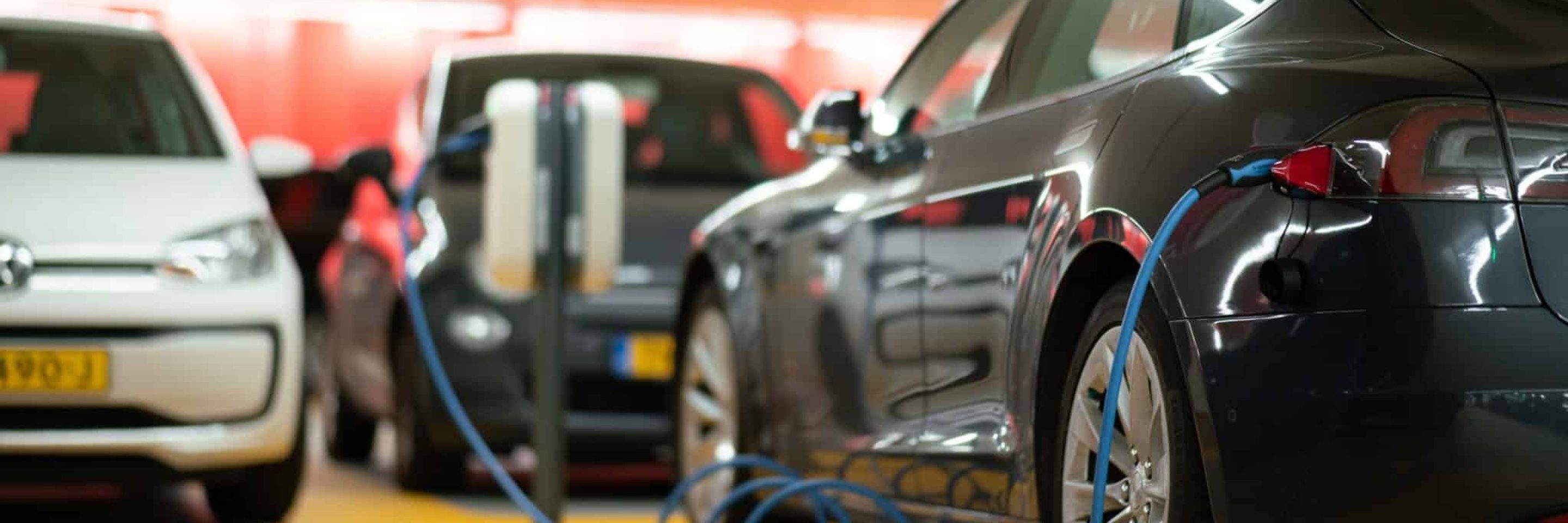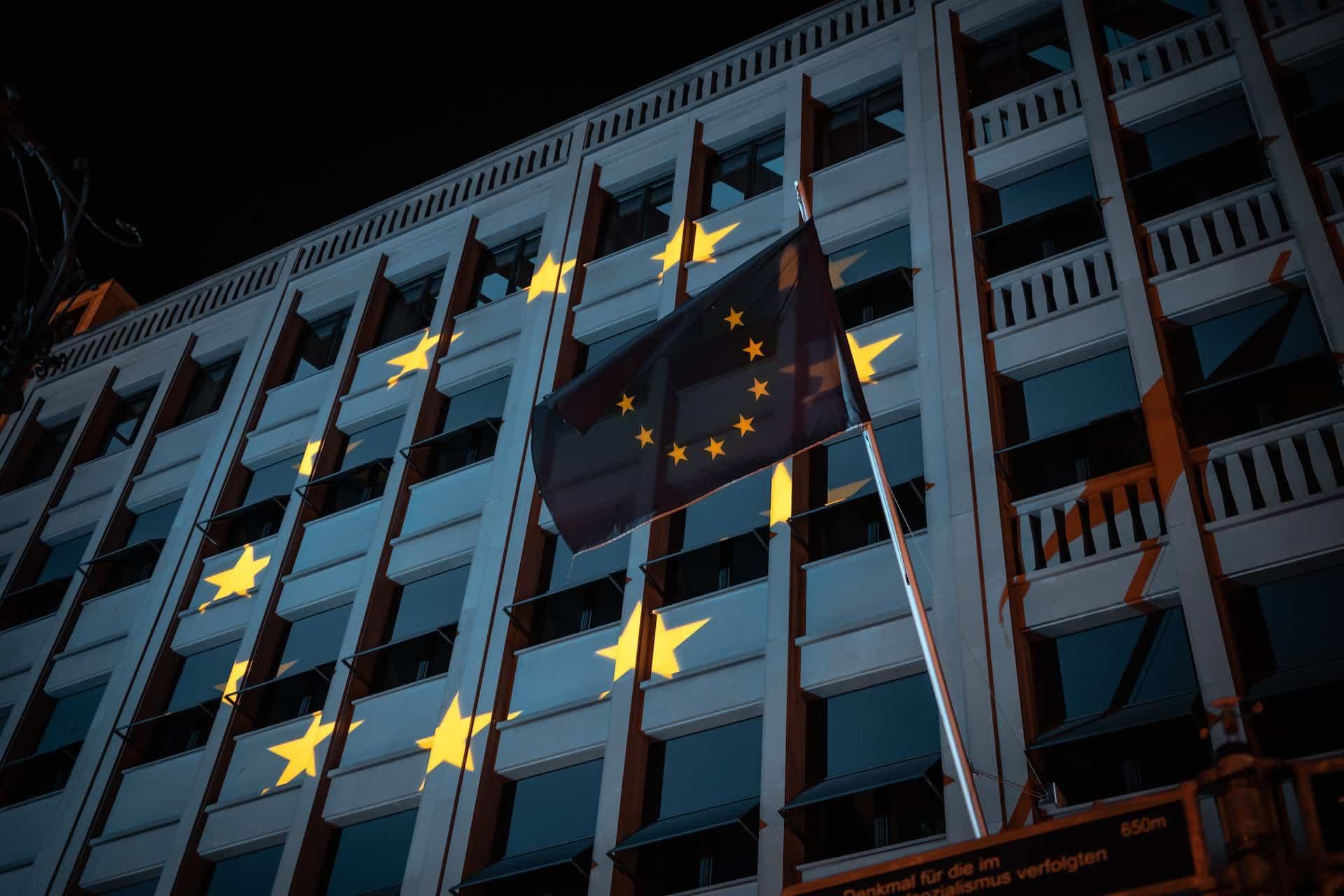
The cost of charging electric vehicles in the UK has as much as doubled for some public use chargers, on the back of soaring wholesale energy prices. What are the challenges of the current energy crisis for the EV market – and for the automotive sector more generally?
The cost of charging electric vehicles in the UK has as much as doubled for some public use chargers, as soaring wholesale energy prices exacerbate the country’s energy crisis.
The reverberations from the energy crisis are being compounded by the economic effect stemming from the Ukraine emergency, and it is hitting almost every sector of the nation’s economy.
Wholesale natural gas prices hit a record high in the UK in March and in Europe, gas costs more than four times more than 12 months earlier. Oil jumped as high as US$139 a barrel, the highest level for almost 14 years, and there are fears that UK energy bills could reach as high as £3,000 a year.
One might think that high oil prices translating into rocketing fuel prices must be a good thing for electric vehicles. Indeed, March has seen a flurry of ambitious plans from manufacturers to speed up EV production on the back of bulging prices at petrol pumps.
But spiralling energy prices also heap pressure on the cost of living, including electricity, and it could further impact the current acceleration and growth in the market for EV says Nigel Morris, Director – Head of EV & Fleet Advisory and Automotive Tax at MHA , part of the Baker Tilly International network.
“In terms of energy consumption, it is still better to consider an electric vehicle over one with an internal combustion engine, but that reasoning needs to be measured against the backdrop of new vehicle supply and affordability,” Mr Morris says.
“Although the EV sector has grown in the last two years, the car market as a whole has shrunk.
“People who may have been looking to make that electric car investment, however some of the consumers needed to create that next level of demand for EVs, are pushing the decision back.”
MHA’s Automotive and Mobility Sector Head, Steve Freeman, says energy costs are rising at an alarming rate and that impacts the supply chain, and the retailers.
The challenges for EV manufacturers and dealers are plenty and as the long game plays out, not everyone will emerge on the other side.
The used car market boom
The supply of new electric vehicles, as well as those powered by convention fuels, has been severely curtailed by the global shortage in semiconductors. The wait time for many popular new models is six months or longer, and could be as far away as 2023.
But when cars are available, they shift quickly. Sales of used battery electric vehicles (BEVs) soared more than 119% in 2021, while plug-in hybrid electric vehicles (PHEVs) jumped by 77.1%, and hybrid electric vehicles (HEVs) 50.6%, according to the Society of Motor Manufacturers and Traders (SMMT), exceeding sales of used petrol and diesel cars.
“Ultimately what it means is that EVs are becoming a higher proportion of the sales of vehicles, and the comparative percentage switch to EVs is almost being achieved by default with the very significant reduction in the sale of diesel and ICE vehicles,” Mr Freeman says.
The value of used cars has soared partly because the supply that would normally flow from new car trade-in for new cars has evaporated.
There are also new trends that are only just starting to play out. People are making fewer trips to the office than pre-pandemic, there is a greater willingness to work from home or to use alternative transport, and the UK’s 2030 deadline for the sale of ICE powered cars is looming.
Mr Morris says the difficulty facing the UK is the legacy in its infrastructure.
“It makes sense for the vast majority of people that live in the cities to have an EV, but the way that people live in the cities doesn’t always support them to live with an EV and charge it at home,” he says.
A recent report showed 57% of Londoners were able to do at least some work at home, whereas the figure in the West Midlands was only 35%.
“London is not the centre of the universe. However, people will often say ‘there’s very little off-street parking, we can’t guarantee to park outside our house,’ and ‘how do we charge our EV with charge cables going up and down the road’,” Mr Morris says.
“Outside of the larger cities, you’ve got more people working flexibly than ever before, with more people able to work from home, going into the office two or three days a week, rather than five days a week.
“New residential developments have now got to have electric vehicle chargers fitted, so there’s an evolution that’s taking place.
“But we’ve got a legacy housing market, an environment that doesn’t automatically support us to install solar PV on our roofs and attract the solar rays, or install other alternate fuel generators.”
Change coming for dealerships
Even before the Ukraine crisis, car dealers were struggling with rapidly rising energy costs hitting their margins. Unlike with petrol, buyers won’t accept a half-full battery.
With the changes in consumer behaviour and the supply chain issues having some way yet to play out.
Plus the changes in the sector in the areas of technology, digital, subscription and manufacturer focus on network rationalisation and agency, it all points to a ‘tsunami of change’ for dealers and original equipment manufacturers (OEMs), says Mr Freeman.
“Retailers need to have the charging point infrastructure on site and that, plus post-pandemic labour, energy, technology costs and inflation as a whole, is starting to cause a bit of turbulence,” he says.
“Do they rationalise dealer networks and/or do they move to direct selling like an agency? There is a real period of fundamental change happening in the sector.”
“It’s partly because the OEMs are needing to react to their increase in costs around batteries and investment in batteries, and start to rationally think about their networks and the independent dealers.
“Do they rationalise dealer networks and/or do they move to direct selling like an agency? There a real period of fundamental change happening in the sector.”
Mr Freeman says that MHA is expanding its automotive and mobility practice, because it is a time that dealers need proactive support and advice.
“We have brought in Alastair Cassels as the Partner who will head our Automotive Advisory practice, working closely with Nigel and myself, and our specialist colleagues in the M&A, Restructuring, Funding and Sustainability Advisory,” he says.
“Alastair was until recently the head of network strategy and development at VW Group in the UK, and has the experience to really help our clients navigate through this uncertain future.
“There will be winners and there will be losers out of this period of change.
“The winners may not be just those that are getting bigger and buying smaller. Maybe a winner can be seen as some of those more traditional dealers who are proactively recognising the signs of future fundamental changes and starting to think that actually my practical way of winning is to exit.”
The commercial vehicle sector
The commercial vehicle sector is also facing challenging headwinds, but those issues are about confidence rather than supply.
Load-carrying vehicles have a shorter range than passenger cars, and most EV charging stations will take several hours to fully charge. That will require and investment in charging stations and careful scheduling of drivers.
“We’re doing some work with OEMs and dealers in relation to commercial vehicles, particularly those in the delivery van market, and while there are still supply issues, most of the debate is centred around range confidence and infrastructure,” Mr Morris says.
“A current electric van might go 85 miles, causing logistical challenges. Those challenges start to ease when a van has a range of, say, 160 miles.
“For many operators those ranges are still a long way off the ultimate target required, but it’s progress.”
“While there are still supply issues (around commercial vehicles), most of the debate is centred around range confidence and infrastructure.''
Electric vans appeal to ‘last mile’ home delivery businesses in the UK, many of whom have pledged to switch over to full electric fleets – once there is confidence in the range and load capacities.
“Those corporates can be more ambitious in transitioning from ICE delivery vehicles to the EVs and that’s actually creating the opposite concern, in as much as there is very high demand and easier fulfilment, but customers may be better equipped to live with EVs than the OEMs or dealers that supply them,” he says.
“But whether the range confidence will make them as viable as the speed at which the markets are moving to implement them is debatable.”
Mr Morris says the consumer journey is fundamentally important to selling electric vehicles.
“Let’s say one of those delivery businesses suddenly turns around and says, ‘I’m going to order 100 units tomorrow,’” Mr Morris says.
“It is still not certain that the OEM can supply that number straight away. Also, if I’m the dealer group, can I charge them quickly enough when they arrive to supply them to the customer on time?
“The will have spent a small fortune on the infrastructure to be able to rapidly charge them on their own site to support their day-to-day operations. But if I’m a dealership, and I’ve got to put through 30 or 40 of these in a week, the answer might be that I am unable to supply them.”
Mr Morris says the OEMs and the dealers are becoming part of that consumer distribution chain.
“There are also disruptors coming into the market, from both a technology perspective, developing solutions for both vehicle charging and home charging, but also the energy players as well,” he says.
The UK’s future transport picture
The energy crisis could ultimately accelerate progress towards carbon emissions targets, but in the short term the UK will look at options to tackle spiralling prices.
Those include lifting a moratorium on fracking, potentially keeping coal-fired power plants open and extending the life of nuclear power stations.
“As well as the energy costs, the components and even the chips, but certainly the vehicles coming out of Ukraine and Russia have slowed to a crawl,” Mr Freeman says.
“That, combined with the economic factors, means that people are either retaining cars or when they’re making a decision on the car, they’re going for used cars.”
Current supply and energy issues will ease at some point, and the transition to EVs in terms of volumes (in addition to the current market share gains) will further accelerate again, which will bring the importance of energy demand, sourcing and charging capacity into even more critical focus.
An analysis of electric car trends, produced before current events took over, estimated that by 2031 there would be more than 3.8 million battery electric vehicles in the UK.
But in a world of electric-focused transport, will everyone own a car? A future mobility as a service model or transport as a service model is likely to gather momentum in coming years, which would affect those forecasts.
And then there is the unknown of micromobility. e-bikes and e-scooters at present make up less than 0.1% of the annual kilometres travelled within European cities. But the pandemic is keeping people away from public transport and may yet drive more change in personal transport.
“Right now, the appetite is still traditional, owning a car is still seen as something that is important to people,” Mr Freeman says.
“But minds are changing, generations are changing, pandemics, the climate change agenda and events such as Ukraine are certainly changing people.”









